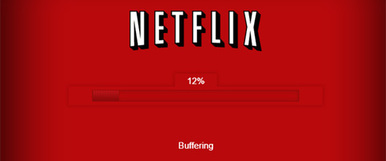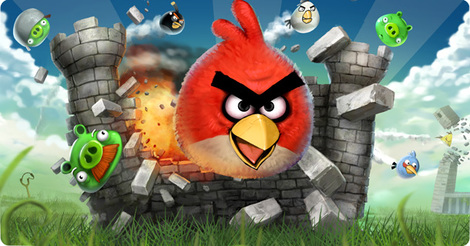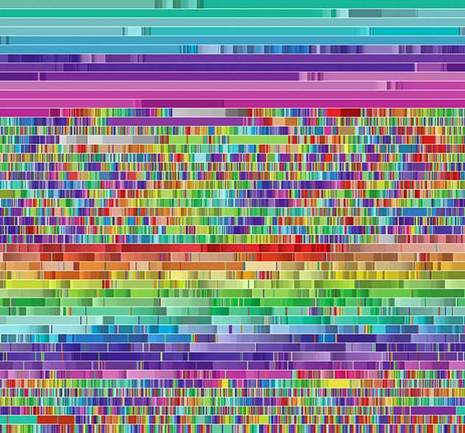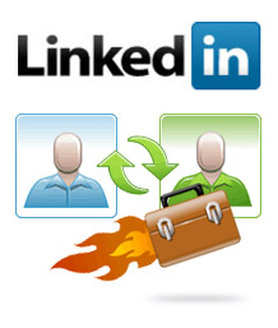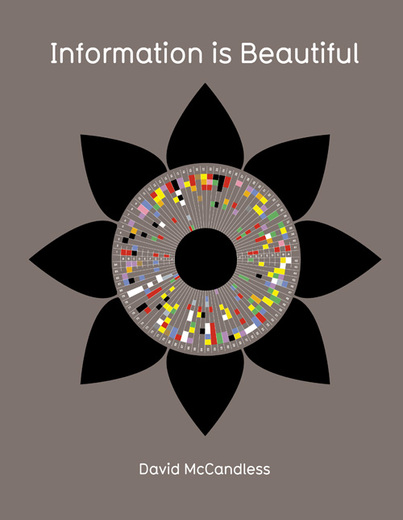This has been the strategy of Netflix for the past 14 years:
One fee. Unlimited Content.
Going forward this is what we can expect:
Qwikster: One Fee. Unlimited Content. (Same as original business model)
New Netflix: One Fee for unlimited basic content. Pay per view for premium content.
Movie Studios can and do demand a high premium for New Releases and other premium content. It is about customer demand. Customer demand is so high in the first weeks following a new release that studios can demand very high fees from distributors like Netflix. But Netflix's business model has been about unlimited content for a fixed fee. This model can destroy BlockBuster and make Netflix a fast growing company, but the economics will never work out for New Releases.
Now that Netflix has pushed BlockBuster into bankruptcy there are emerging threats online for pay-per-view premium content, like Hulu and Zune. Netflix needs to make a move and it can do so by delivering premium content. It will give them access to great new content as well as another revenue source. Online is the future of content and Netflix is growing up and will start closing and announcing new deals for premium content. They have the distribution, the name, subscribers, and access on a lot of devices.
If you want to go long on a stock, buy Netflix.

